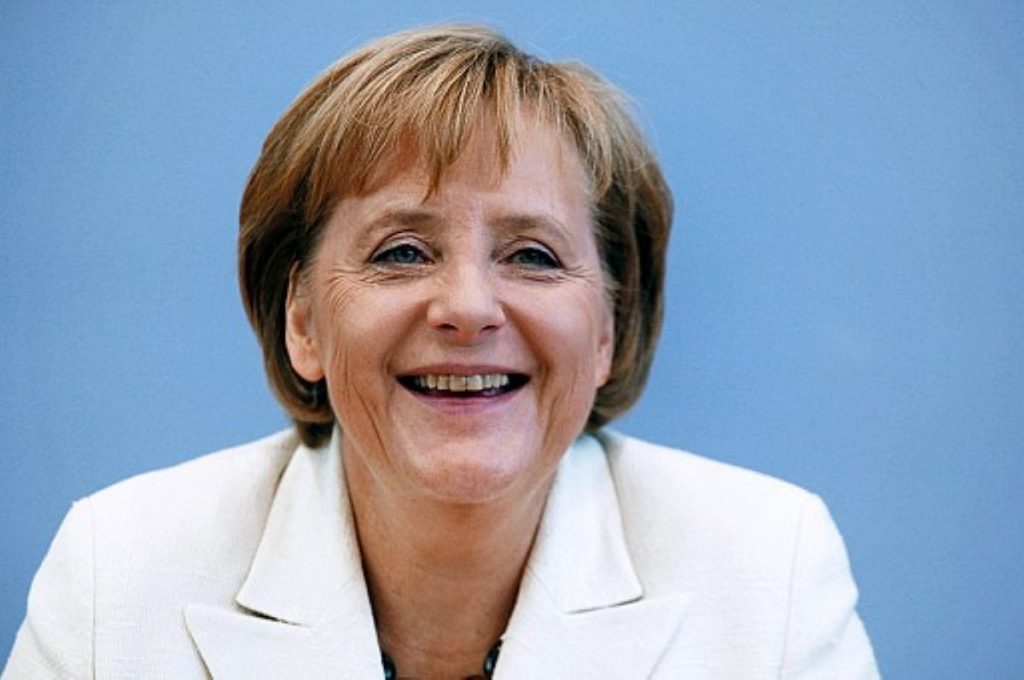‘That’s not how it works’: Germany fires opening salvo at Britain ahead of EU negotiations
David Cameron's attitude to EU negotiations will not work, a senior German politician has warned.
The comments came ahead of a Commons debate on David Cameron's promise of a referendum on EU membership.
"The current European settlement may not be to everybody's liking in every respect, but that is the nature of every good compromise," German foreign minister Guido Westerwelle wrote in the Times.
"One thing, however, holds true for all of us: there are no rights without duties. There can be no cherry-picking.


"Saying 'you either do what I want or I'll leave' is not an attitude that works, either in personal relationships or in a community of nations."
The comments from the foreign minister are much more robust and inflexible than those of German chancellor Angela Merkel who said member states would aim for "a fair compromise" when discussing British demands.
It does not bode well for British efforts to secure a new arrangement in Europe before holding an in-or-out referendum.
MPs met in the Commons after PMQs this afternoon for a surprisingly witty debate on Cameron's policy.
"The impression of unity can only be achieved through the device of obscurity," shadow foreign secretary Douglas Alexander said, in a bid to define the effect the referendum had on the Tory party.
Foreign secretary William Hague needled Labour on its continued refusal to say whether it would support a referendum at the 2015 general election.
"They are against uncertainty but they are not really sure about it," he told the Commons.
It was the first Commons debate on the EU in recent memory in which Cameron was celebrated by his backbenchers, although the prime minister was not attending.
Meanwhile, Cabinet minister Conservative Ken Clarke was reported to be preparing to join with senior Lib Dem and Labour MPs to campaign for the UK to stay in the EU.
The Centre for British Influence in Europe is expected to take a patriotic approach to campaigning, in an effort to convince the public that Britain wields more power from within the organisation.









